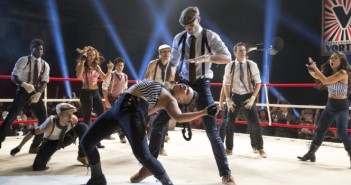
Step Up All In Review
The Step Up franchise is now five films deep, helmed by four separate directors. Step Up 2: The Streets and Step Up 3D are the fan favorites, both directed by John M. Chu who has moved on to bigger projects…

The Step Up franchise is now five films deep, helmed by four separate directors. Step Up 2: The Streets and Step Up 3D are the fan favorites, both directed by John M. Chu who has moved on to bigger projects…
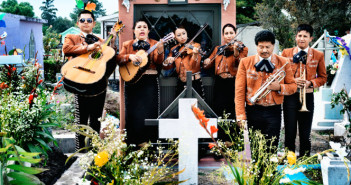
As the title of Doris Dörrie’s new film is taken from a Mexican Mariachi song, it already establishes the theme of her new film, a documentary about the Mariachi culture in Mexico City. In Que Caramba Es La Vida, Dörrie, mostly known for feature films such as Cherry Blossoms and The Hairdresser, follows a…

After the success of their 1983 breakthrough album, Metal Health, things exploded for Quiet Rock and thereby opening the doors for hair metal bands such as Twisted Sister, RATT, Poison, and Bon Jovi. Quiet Riot went against the grain and never gave into the changes that brought about disco, new wave, and grunge. The rock documentary …
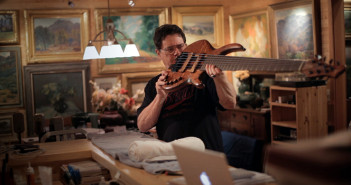
The road for the idiosyncratic dreamer is a difficult one and wrought with perilous self-doubt and a lifetime of practicality nagging at one’s confidence. The ghosts of parents offer pragmatic advice in the back of the mind, sometimes leading the dreamer to forfeit their plans or relegate them to haunting whispers that become part of …

As children, we imagine a future where our dreams come true. We see our future selves on a foundation of ideals, embodying all that we could hope to become. These are images of adults that are fulfilled completely by an occupation that is directly in line with our greatest aspirations and favorite pastimes. However, as time passes …

On the streets of Cape Town narrative fiction and real life collide in beautiful spectacles of musical expression with the seemingly endless range of the unassuming penny whistle making a king out of a boy named Felix who has mastered the ability to exude pure joy through the simple instrument without formal training. Some play percussion on refuse washed ashore on the crowded beach, surrounded by the vibrant colors of the discarded and forgotten, creating spontaneous jazz for the sheer joy of expression. Felix’s mother lovingly peels potatoes at their humble home, smiling to herself with the knowledge that Felix has been accepted into a private school that will give him opportunities that his deceased father never had, but priggish snobbery has survived the death of apartheid even amongst black Africans who have found affluence in their newfound opportunities but look down upon Felix for his lack of wealth and bright green backpack.
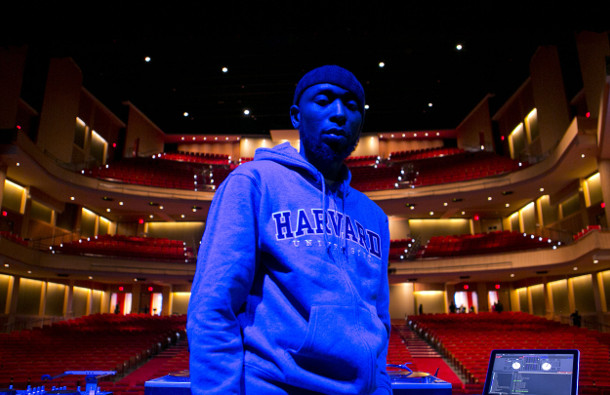
Deep inside of Harvard University, within a building called the W.E.B Du Bois institute, there is an experiment underway to create a whole new academic discipline. Inside the building is the HipHop Archive and Research Institute, a project that is trying to “encourage the pursuit of knowledge, art, culture and responsible leadership through HipHop.”
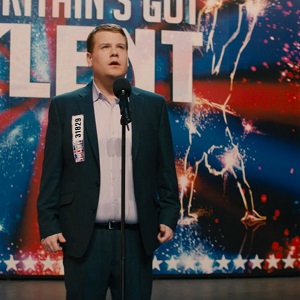
There’s a fundamental foulness to the Paul Potts success story as engineered by the editorial sensibilities of Britain’s Got Talent. Like Susan Boyle after him, the populist power of Potts’ victory in the TV talent contest comes courtesy of the middle-class meanness that’s manifest in the show; one need only see the sweeping crane shots and hear the orchestral swells that accompanied his audition to appreciate the queasy air of ennobling: oh how nice, that a phone salesman with wonky teeth can actually have talent. Those four minutes—essentially the source of One Chance, and the moment to which the movie builds—are hideously hinged on the novelty idea of an “unattractive” man, against all odds, actually having worth.

“There’s too many things changing in life,” a barmaid says after proudly showcasing the two hundred-plus year-old flagstone floor on which her institution stands in The Irish Pub, Alex Fegan’s warmly funny crawl cum cultural study. Hers is one of twenty-two bars the documentary features, spanning the length and breadth of the country in efforts to arrive at an image of how the pub—or indeed teach tábhairne; Irish seems so much more appropriate here—has come to command so firm a footing in Irish identity. “There are no strangers here, only friends you have not yet met” goes the W.B. Yeats quote on which the movie opens; certainly there’s a charm to these amiable interviewees to leave us lusting after a Guinness in their company.
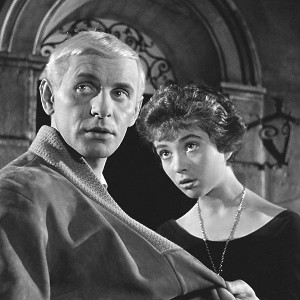
Martin Scorsese knows his stuff. He has seen more films than seems humanly possible for such a prolific filmmaker. Innocent Sorcerers is one of his recommendations from Andrzej Wajda’s collection, a romance film which has been beautifully photographed and now restored to show all its detailed creative camerawork. You can see that this is a stepping stone to the Before… trilogy by Richard Linklater and many other simple, character-driven romance pieces. Wajda is aided by the screenplay written by Jerzy Andrzejewski and Jerzy Skolimowski which has created two intriguing, dynamic characters that blend but also clash in scenes that are bleeding sexual tension.